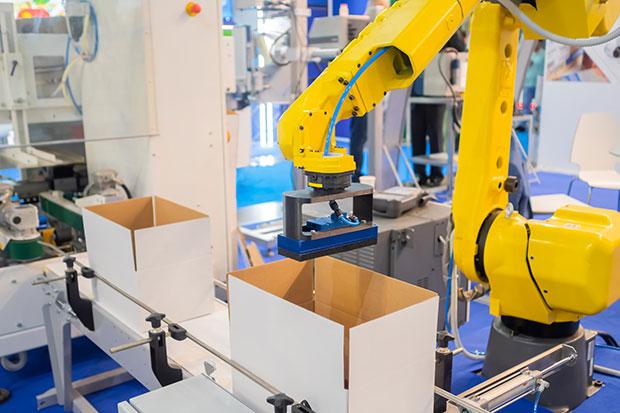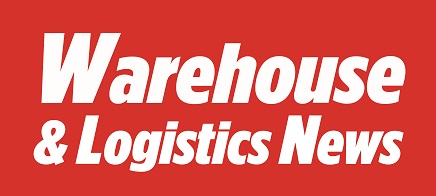The ongoing expansion in retail e-commerce is adding complexity to fulfilment operations. Consumers are expecting more variety in product options, creating the need for more sophisticated warehousing solutions. The speed of delivery and the effectiveness of customer service are becoming the differentiators. Fulfilment services are being transformed using digital technologies. Retailers need to embrace automation and cloud-based software tools to satisfy the consumer’s desire for convenience and immediacy. This means investing in modern warehousing and distribution facilities to avoid being overtaken by the competition.
 Trends in fulfilment services
Trends in fulfilment services
New technologies such as automation equipment, supply chain data visibility software, and mobile apps are becoming used extensively to ensure business continuity and growth.
Automation equipment and tools
Robots, automated vehicles, drones, and wearables are becoming increasingly common to facilitate a hands-free select, pack, pick and ship process. Picking and packing operations in a warehouse drive order fulfilment. The process starts by collecting items from their storage location, sorting them as required, packing items into suitable containers, and labelling them for shipping and delivery. The benefits of automation are many: faster picking, lower costs, and fewer errors. Labour costs are decreased, and efficiency is increased.
Mobile devices
Mobile devices have replaced manual data recording. Mobile smartphones, tablets, wearables, sensors, and radio-frequency identification tags (RFID or barcodes) are all in use. They retrieve and process data from automated equipment, speeding up warehouse processes. Inventory is scanned using RFID; reports can be generated on stock levels in real time.
Data analytics
Cloud-based software solutions collate and validate supply chain data. This data can be used to refine strategies and determine future actions. One of the main challenges to a smooth order fulfilment process is the poor visibility of information throughout the process. Developments in connectivity tools to share data seamlessly between functions mean that data is visible to all approved users in your supply chain. The resulting information can be used to improve processes, predict future sales and seasonal fluctuations.
Artificial Intelligence in action
Artificial intelligence (AI) is being used extensively in the use of data. Everyday warehouse operations create piles of data: customer orders, inventory statistics and delivery schedules. One of the most obvious benefits of AI is to gain better visibility and control over inventory.
Managers can use data to improve inventory management by redesigning layouts, improving walking routes and speeding up replenishment.
Warehouse and inventory management systems
Affordable and scalable cloud-based Inventory and Warehouse Management Systems (WMS) are becoming commonplace. Inventory management software shows how much stock is on hand in real time and alerts you to replenish. WMS platforms that integrate AI applications are gaining popularity, helping with inventory optimisation and integration with e-commerce platforms. A WMS focuses on integrating data to get the best results from physical assets and automation tools. The costs of a WMS are continuing to decrease due to new entrants in the marketplace and increased competition.
6 e-commerce fulfilment success factors
•Effective inventory management
•An optimised warehouse layout and design
•The right automated equipment and tools
•Standard and consistent work processes
•Data-driven decisions
•Skilled staff trained in the use of the technologies.
SCCG is a leading supply chain consultancy with extensive experience in implementing technology solutions in e-commerce organisations, empowering businesses to embrace digital advancements and drive growth.
Work with us to unlock the full potential of your supply chain and navigate the complexities of technological transformations. If you’d like to book an initial discussion with us, call us on +44(0)1926 430 883 or email us at info@sccgltd.com.





Comments are closed.